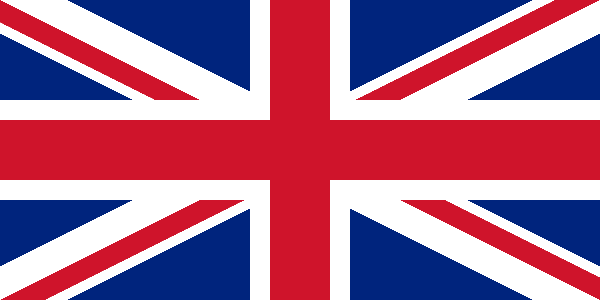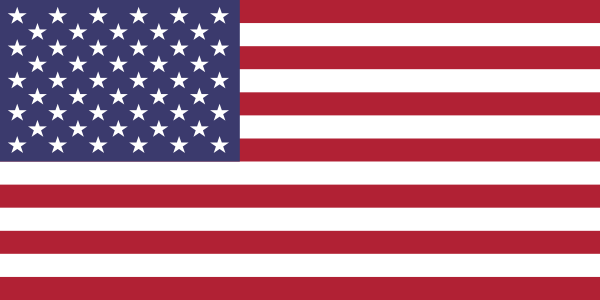A COVID update from HHA's regions
04 March 2021 12:07
One year ago we started hearing about a virus making its way through Asia. All of us hoped this crisis would come and go quickly, like most do. Little did we know that a year later the suffering would still be ravaging the world, in some places more than ever before. Just as COVID-19 cases are declining in some countries, they are increasing in others and hitting the communities where Hope Health Action works.
In Haiti, our Country Director for the US Michael Goldsmith says, "The COVID-19 pandemic has impacted every part of our work at HCBH hospital. Early last year, the hospital opened a 10-bed COVID facility approved by MSPP (the government health organization in Haiti – Ministry of Public Health and Population) and was given one of the highest ratings in all of Haiti. The staff and COVID team responded to this crisis in an amazing way, with a complete triage system (screening over 20,000+ people every month), COVID ward, expanded COVID staff and a slate of volunteers. Much of this was led and directed by Rob Dalton, the HHA Patient Care Coordinator in Haiti, who did a tremendous job."
"HCBH is continuing to practice good health precautions, including temperature screening upon entering the hospital grounds, mask wearing inside departments and an emphasis on hand washing and other hygiene areas. HCBH has updated its health and safety plans as well as followed national guidance with the health department of Haiti and other countries."
"HHA in Haiti relies on short and long term volunteers to support and empower the hospital, as well as support and maintain some critical infrastructure systems. Without key volunteers present, the hospital has felt the effects of this from many perspectives, including technical training, leadership support and many others. It has also been a challenging year with funding as we’ve discussed at length in many of our team meetings."
In East Africa, our Country Director Izzy-Cumming Bruce explains "C-19 has had a big impact on our work in East Africa: UNHCR and OPM were forced because of funding cuts to reduce the rations in the refugee settlements. These were initially cut by 30% in 2020 and now by an additional 10% in 2021. The rations were very modest initially and now the most vulnerable people, including people with disabilities, are passing hunger. Children remain out of school and there are reports of very high rates of dropouts particularly among girls and early pregnancies. There have been problems in supply chains and as a result many prices have gone up and we have experienced delays. HHA recently conducted a needs assessment among 550 people with disabilities in BidiBidi and Palorinya: 89% said they needed access to rehabilitation services, 79% said they required an assistive device, 68% reported poor general health and 80% were out of work. These statistics echo the hard reality for people with disabilities in the refugee settlements."
"We are continuing to provide emergency food support for particularly vulnerable refugees with disabilities in Palorinya refugee settlement and Mijale refugee community. We hope to continue our agriculture work in Maridi, South Sudan in a country that has been identified at serious risk of famine with many people already facing starvation."




